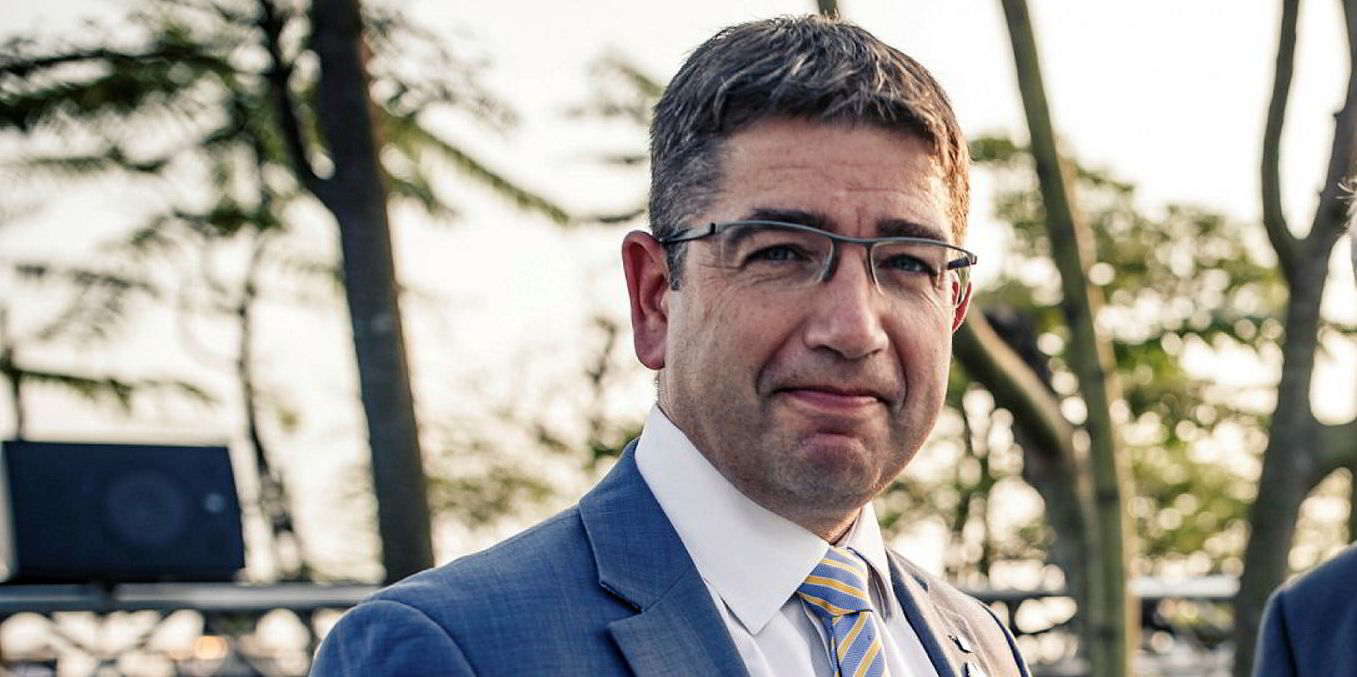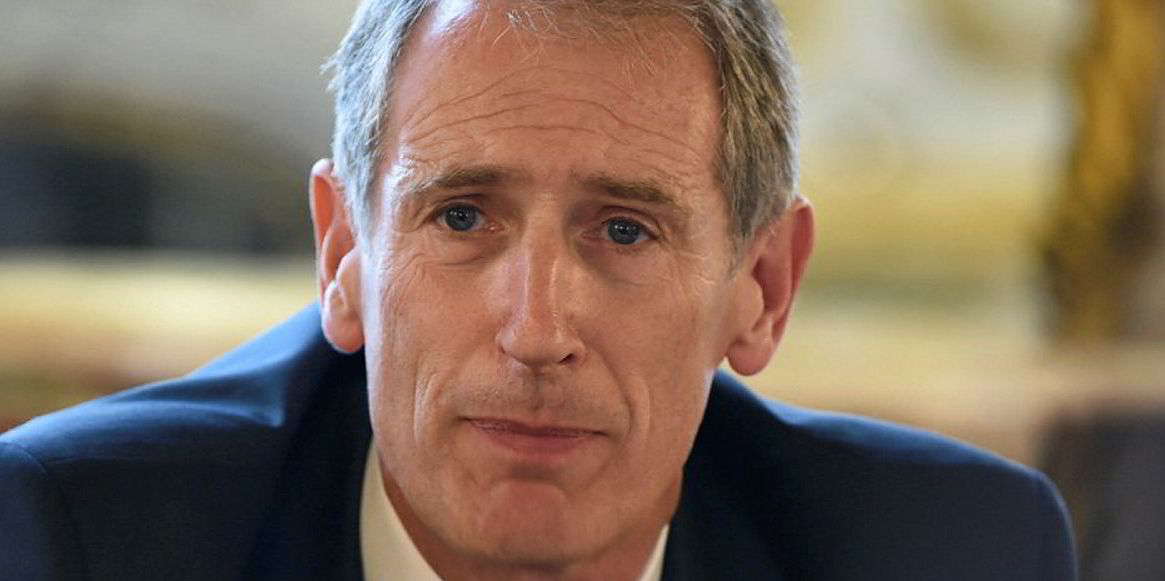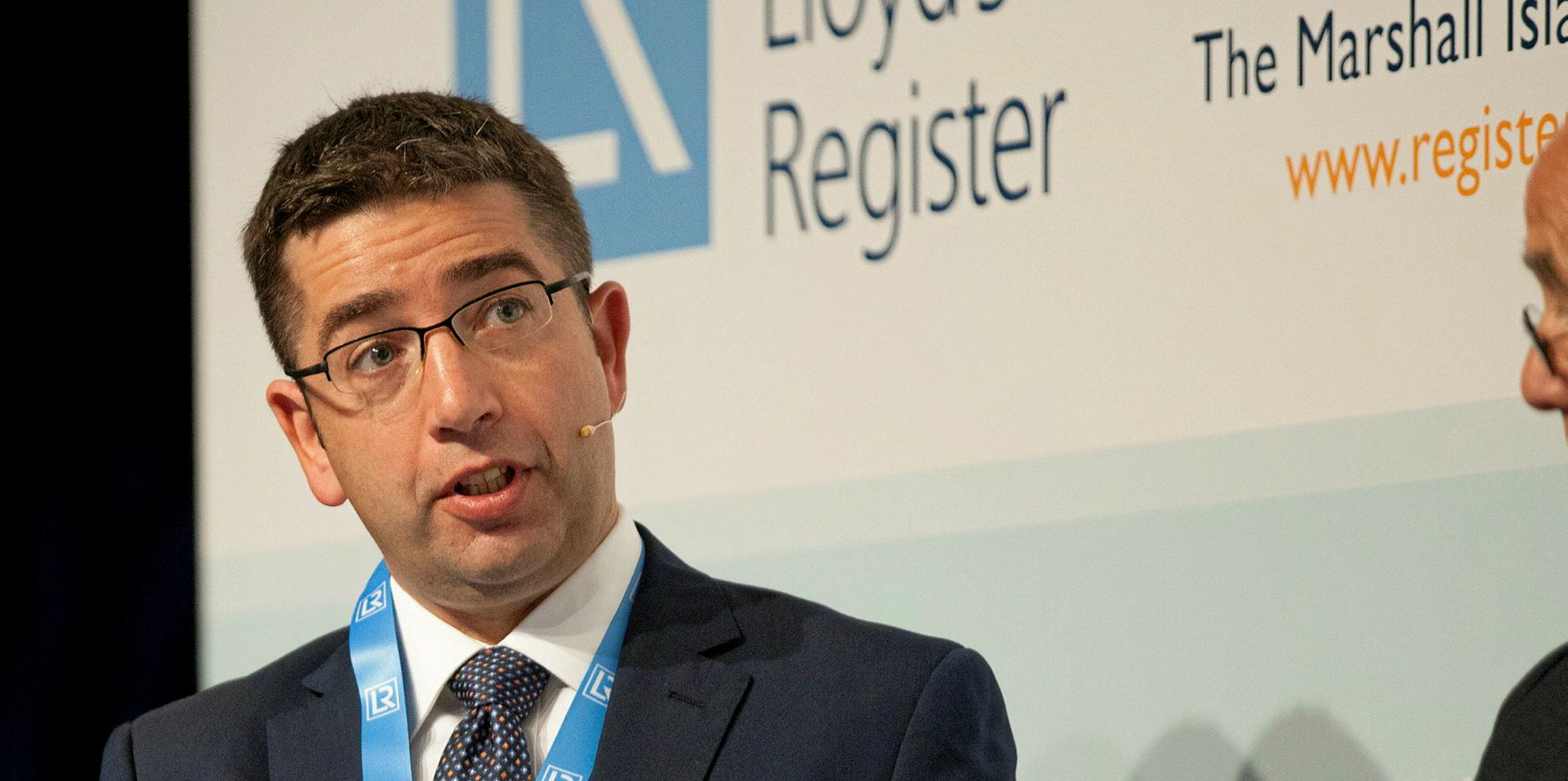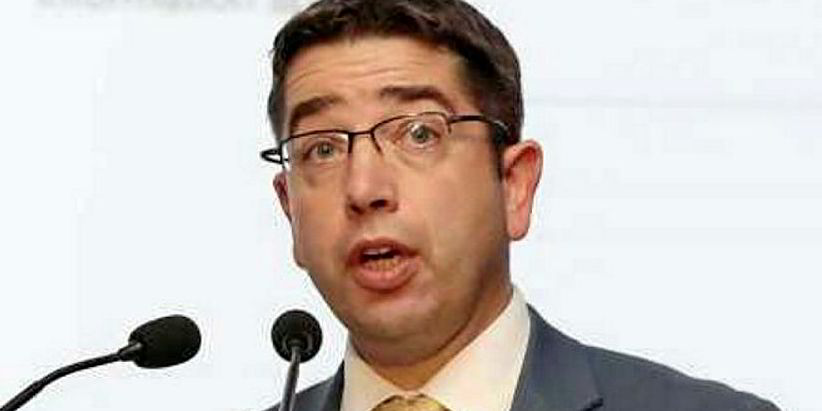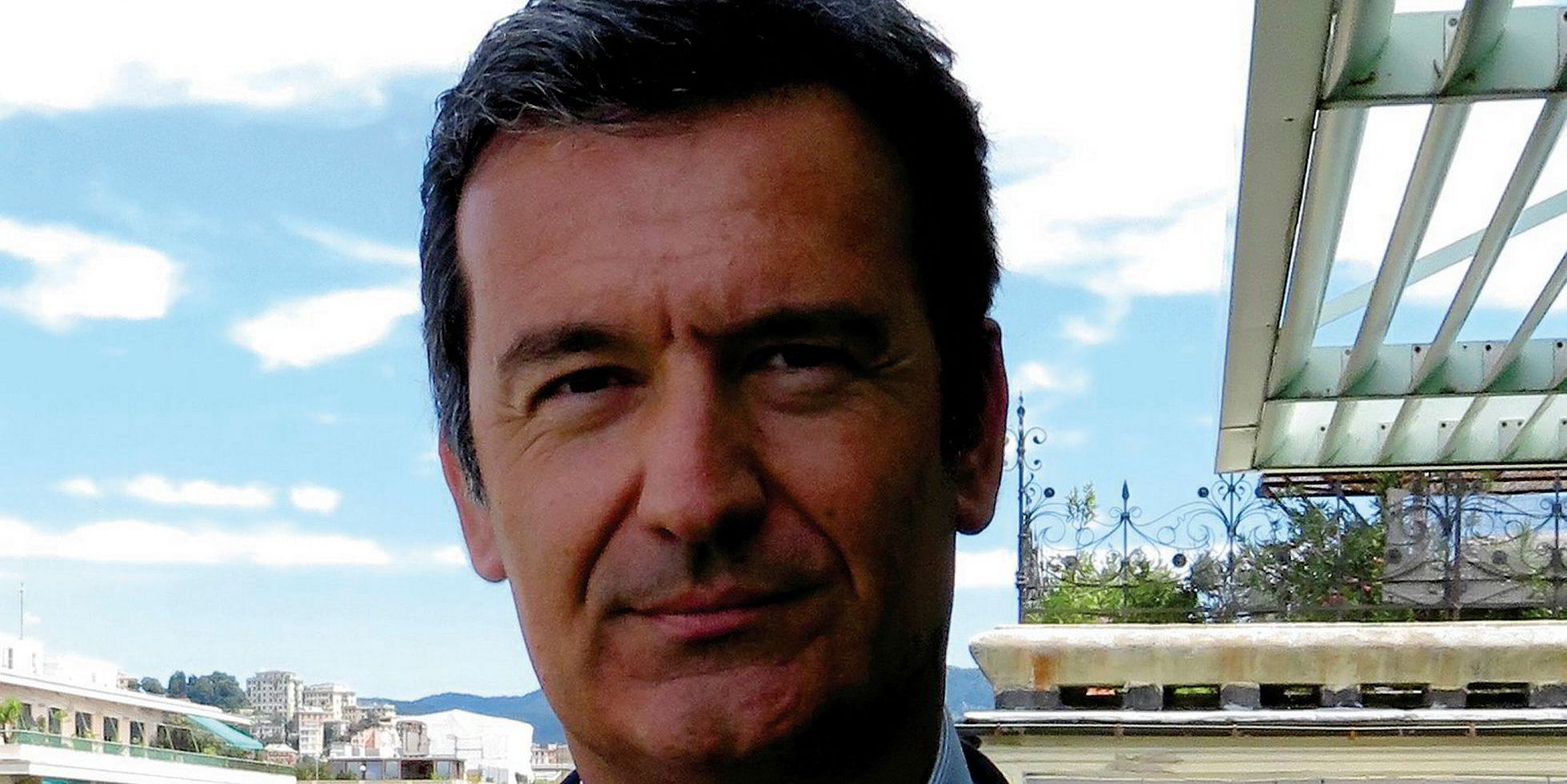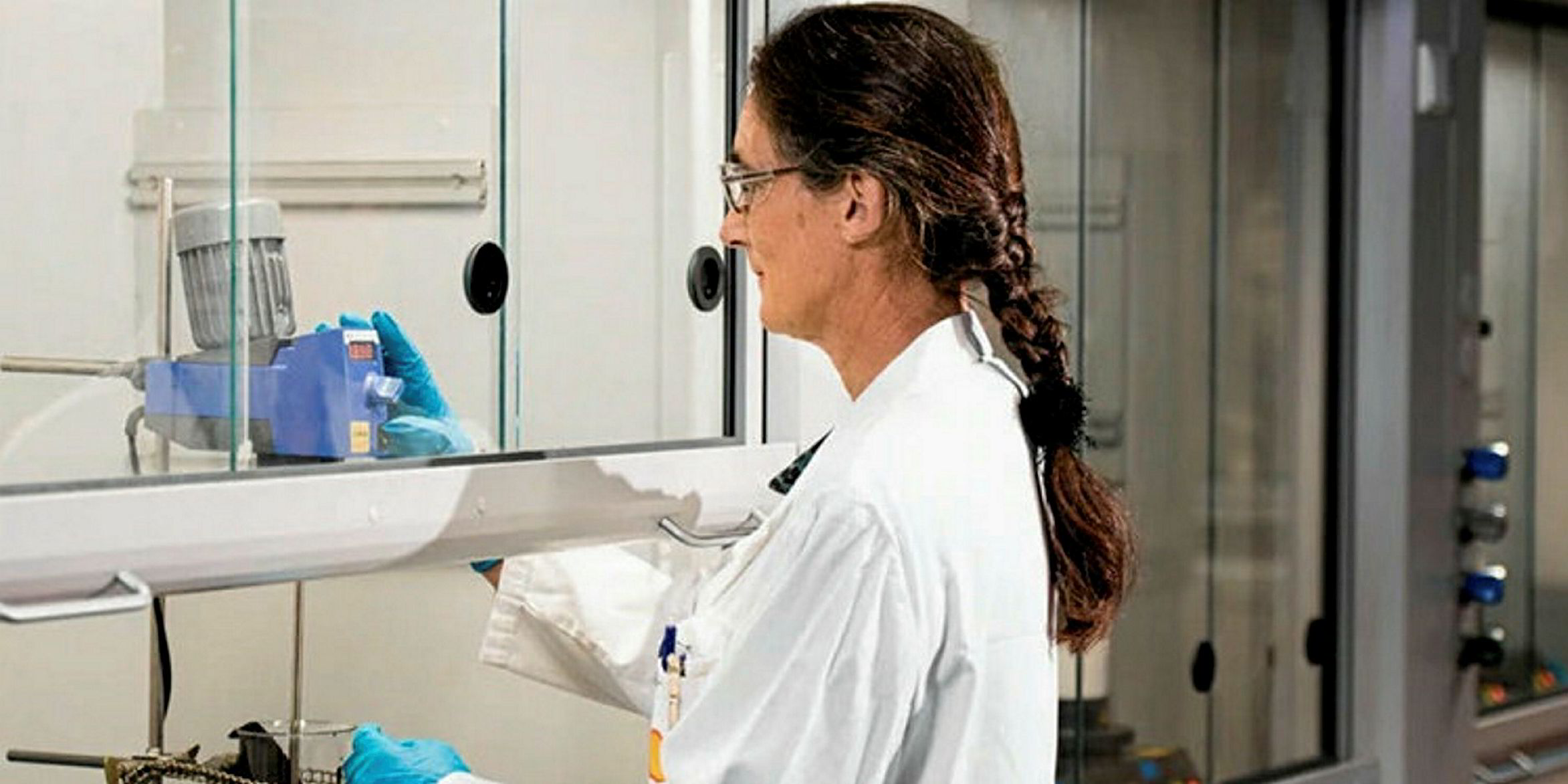Spend an hour in the company of Nick Brown and you feel a heady sense of optimism about the future of the maritime sector, if not the world in general. The Lloyd’s Register lifer, who becomes chief executive of the class society on 1 January, is a positive thinker and convinced a new era of green shipping is in sight.
“For me, this is quite an exciting phase for the industry,” he said. “This challenge gives us an opportunity to enthuse young people who want to save the planet. We can change the way ships are propelled. We have done it before.”
Brown, who is currently marine and offshore director of the classification society, said shipowners have followed in the wake of new regulations to be created by the International Maritime Organization.
But he insisted operators now want the IMO to move faster in laying down the exact framework that will meet the wider goal of cutting CO2 emissions in half by 2050.
Danger sign
In Brown’s view, the only real danger that stands in the way of this green revolution is if countries start establishing their own regional rules.
He argued that the shipping industry will play a responsible role in the energy transition “as long as it’s got a [global] level playing field”.
But it’s a tricky one. Lloyd’s Register’s decision to side with the flag state of Liberia against the European Union’s Emissions Trading System (EU ETS) has raised eyebrows.
Do we not need "leaders" to show the way on decarbonisation, or is this a classification society helping a big client? Lloyd’s Register said it is just promoting its own heartfelt view.
Meanwhile, Lloyd’s Register is itself involved in a range of pilot projects that could turn the dial to deep green. These include one with South Korean shipbuilder Daewoo Shipbuilding & Marine Engineering and German engine builder MAN on ammonia-fuelled, 23,000-teu containerships.
Brown expects the MAN propulsion systems to be delivered by 2024.
But he said the challenges for future ships are largely around regulatory and safety issues rather than fuel technology.
“I think now we are less than five years away from deepsea zero emission vessels... We are not [quite] there yet,” he said.
Chicken and egg
Then there is the wider “chicken and egg” issue of whether the landside fuel supply and infrastructure is in place before the vessels arrive or vice versa.
Brown believes shipping must work hand-in-hand with fuel providers and not just leave the energy companies to sort it all out.
He is also a firm believer in LNG being seen as a future fuel and not ruled out because of its fossil fuel base.
Brown argued that owners should be encouraged to keep ordering vessels without waiting for a total fix, via say through ammonia or green hydrogen (created by renewable energy) propulsion.
“Hopefully people will not be put off LNG entirely,” he said. “I would still stand firmly by LNG being the cleanest fuel today. The worst thing that can happen is that industry stops [completely] renewing its fleet. LNG is still part of decarbonisation, a step in the right direction.”
But Brown is also keen that owners proceed with engines that can easily switch from diesel to, say, LPG and then to ammonia as each fuel develops.
That gradualist approach may not please public opinion which fears it could encourage backsliding by a notoriously conservative industry.
Conservative
And is Lloyd’s Register itself becoming more conservative? The current chief executive was an accountant who came from outside the industry and diversified his organisation.
Now the energy consultancy has recently been sold off and Lloyd’s Register has chosen a boss described by one contact as “pickled” in the maritime industry.
Brown, who was born in the UK city of Lincoln, started as a marine surveyor in Hamburg and, via seven years in China, worked himself up through the ranks to secure the top job.
One thing he is keen to see happening on a regional level is the decarbonisation of coastal shipping. Here he wants national governments to take the lead.
The worst thing that can happen is that industry stops [completely] renewing its fleet. LNG is still part of decarbonisation, a step in the right direction
Nick Brown
And he would like to see the UK become a “clean fuels bunkering hub”, taking advantage of its location on the Asia to North West Europe sea routes.
An even grander scheme envisages Britain using its offshore wind farms to develop a floating bunkering hub.
This is all heady stuff but as the tussle over the EU ETS shows, Lloyd’s Register’s home-grown new boss will face challenges as well as chances come the New Year.
